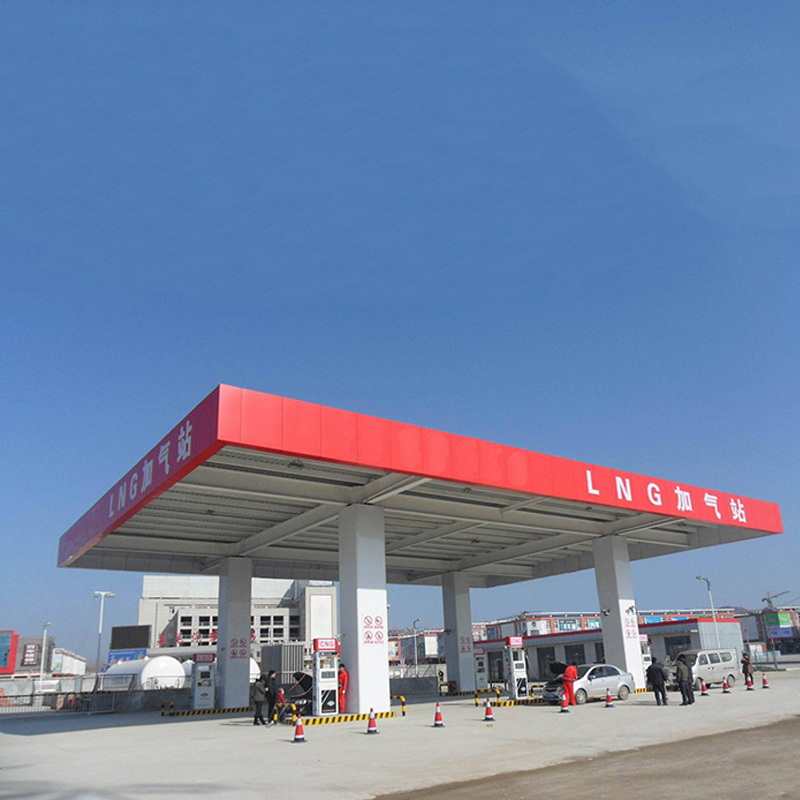
Dec . 15, 2024 20:30
Back to list
Guide to Choosing the Right Electric Heaters for Your Home Heating Needs
Understanding Electric Heaters A Comprehensive Guide
As winter approaches, many people begin to consider heating options for their homes. Among the various types of heaters available, electric heaters are becoming increasingly popular due to their efficiency and ease of use. This article will explore the different types of electric heaters, their advantages and disadvantages, and how to choose the right one for your needs.
Types of Electric Heaters
Electric heaters come in several forms, each with its own unique features and benefits. The most common types include
1. Convection Heaters These heaters work by heating the air in a room, causing it to rise while cooler air falls to the bottom. This process creates a consistent temperature throughout the space. Convection heaters are ideal for heating larger areas, as they can effectively warm entire rooms.
2. Radiant Heaters Unlike convection heaters, radiant heaters directly warm objects and people in their vicinity. They emit infrared radiation, which is absorbed by surfaces, providing immediate warmth. These heaters are particularly useful for spot heating, such as warming up a small area in a living room or bedroom.
3. Fan-forced Heaters Combining convection heating with a fan, these heaters can quickly distribute warm air throughout a room. The built-in fan blows heated air out into the room, making them suitable for rapid heating. However, they can be noisier than other types of heaters.
4. Oil-filled Heaters These are electric heaters that contain oil, which is heated up and then radiated into the room. They are very efficient and can retain heat even after being turned off. Oil-filled heaters are often recommended for their longevity and ability to provide consistent warmth over long periods.
5. Baseboard Heaters Installed along the base of walls, these heaters use convection to warm the air. Although they take longer to heat a space compared to other electric heaters, they provide a consistent source of warmth and are usually unobtrusive.
Advantages of Electric Heaters
Electric heaters have gained popularity for several reasons
- Efficiency Electric heaters convert nearly all of the electric energy they consume into heat, making them extremely efficient. They do not require any fuels, such as gas or oil, which can reduce maintenance costs.
- Safety Most electric heaters come equipped with safety features, such as tip-over protection and thermal cut-off switches. They do not produce harmful emissions, making them safer for indoor use compared to gas heaters.
electric heaters

- Ease of Use Electric heaters are typically easy to install and operate. Many models are portable, allowing users to easily move them from room to room as needed.
Disadvantages of Electric Heaters
Despite their numerous advantages, electric heaters do have some drawbacks
- Operating Cost Depending on the cost of electricity in your area, running an electric heater can become expensive, especially if used as a primary heating source. It's essential to compare electricity costs versus other heating options.
- Heat Distribution Some electric heaters, especially radiant models, may not distribute heat as evenly as central heating systems. If you require consistent warmth across larger areas, you may need to invest in multiple units.
Choosing the Right Electric Heater
When selecting an electric heater, consider the following factors
- Room Size Determine the room's square footage to choose a heater that provides adequate heating. Most manufacturers provide guidelines on the area their heaters can effectively warm.
- Type of Heater Based on your heating needs (whole-room versus spot heating), select an appropriate type of electric heater. For instance, a radiant heater may be perfect for a small reading nook, while a convection heater might be better for larger spaces.
- Energy Efficiency Look for models that have energy-saving features or certifications. Some heaters come with programmable timers and adjustable thermostats that can help reduce operating costs.
Conclusion
Electric heaters are an excellent solution for staying warm during the colder months. By understanding their various types, advantages, and drawbacks, you can make informed decisions to ensure comfort and efficiency in your home. Whether you need a portable unit for occasional use or a more permanent heating solution, there is an electric heater that can meet your needs and keep you toasty all winter long.
Next:
Latest news
-
Safety Valve Spring-Loaded Design Overpressure ProtectionNewsJul.25,2025
-
Precision Voltage Regulator AC5 Accuracy Grade PerformanceNewsJul.25,2025
-
Natural Gas Pressure Regulating Skid Industrial Pipeline ApplicationsNewsJul.25,2025
-
Natural Gas Filter Stainless Steel Mesh Element DesignNewsJul.25,2025
-
Gas Pressure Regulator Valve Direct-Acting Spring-Loaded DesignNewsJul.25,2025
-
Decompression Equipment Multi-Stage Heat Exchange System DesignNewsJul.25,2025

